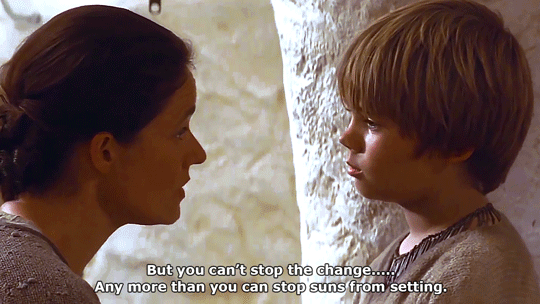

What the Hell Does “Beg the Question” Actually Mean?
source link: https://medium.com/the-cellar-door/what-the-hell-does-beg-the-question-actually-mean-2ed76e0800c3
Go to the source link to view the article. You can view the picture content, updated content and better typesetting reading experience. If the link is broken, please click the button below to view the snapshot at that time.
What the Hell Does “Beg the Question” Actually Mean?
And why does it annoy everyone so much?

It’s WILDLY out of fashion (like, a hundred years out of fashion!) to complain about a usage that has changed in the natural cut and thrust of language, so I won’t. But I will say that what “Begging the question” used to mean is quite useful and quite interesting, whereas what it mostly means now (“Raising the question”) is only somewhat useful and not very interesting at all. What it used to mean — in fairness to literally everyone who uses it to mean something different — is based on a series of hilariously bad translations. It’s a term in logic for someone who’s using circular reasoning, specifically:
- Using the point you’re trying to prove as a premise for your argument.
There are a few standard ways of doing this.
1. The extremely obvious kind where you just repeat yourself.
It is a truth universally acknowledged that The Phantom Menace is cinema’s greatest achievement, as everyone agrees that there is no better film.

2. The one where you say the same thing twice but change some words around to make it harder to spot.
The Phantom Menace is a formally perfect film in terms of character, plot, and pacing. This is because the film’s story, the individuals who drive the story, and the cadence with which the story unfolds are unparalleled in their construction.

3. And the one where you take a walk all the way around the block before coming back to the same place you started.
The Phantom Menace is the pinnacle of 20th century artistic achievement because it seamlessly integrates the narrative surrounding the blockade by the Trade Federation with the unfolding psychodrama related to Jar Jar Binks’ fall from grace and eventual redemption. And the only way for George Lucas to interweave these powerful stories with precision and artistry was for the visionary director to create a cinematic tour de force the likes of which had been attempted — but never before accomplished — in the entire history of Western art.

All of these are just different ways of saying “The Phantom Menace is good because The Phantom Menace is good,” which is broadly what George Lucas thinks too, so it must be right.
And that’s what “Begging the Question” was. Here’s where it all went wrong (as explained by Language Log): It starts with Aristotle, who mentions it as one of 13 rhetorical fallacies in his On Sophistical Refutations. Aristotle calls it το εν αρχη αιτεισθαι, which means “Assuming the original point.” Some well-meaning Medieval translator reached for a slightly different meaning of το αιτεισθαι and rendered the whole thing in Latin as Petitio Principii, which means “Presupposing the argument,” but which can ALSO mean (somewhat nonsensically) “Beseeching (or begging) the argument.” Since “question” was more commonly used to mean “argument” around the time this phrase crept into English (in the 16th century), we ended up with “Begging the question,” and now here we bloody well are.

I haven’t seen anyone make this case, but I also think that a big part of why the current usage to mean “Raising the question” is so aggravating to pedants (apart from the fact that pedants like to be aggravated whenever they possibly can) is that “Begging the question” sounds more ~intellectual~ due to its odd formulation. As a result, it tends to be used by writers who “ought to know better.” Except they shouldn’t, because nobody’s used it to mean Petitio Principii (or το εν αρχη αιτεισθαι) in about 60 years outside of Philosophy and Logic circles, and it was an absolutely cursed translation in the first place.
All that being said, it’s still quite a useful concept if you’re in a fight with someone who’s using the point they’re trying to prove as a premise for their argument. But you can just avoid all the confusion and accuse them of circulus in probandowhen that happens.
Recommend
About Joyk
Aggregate valuable and interesting links.
Joyk means Joy of geeK